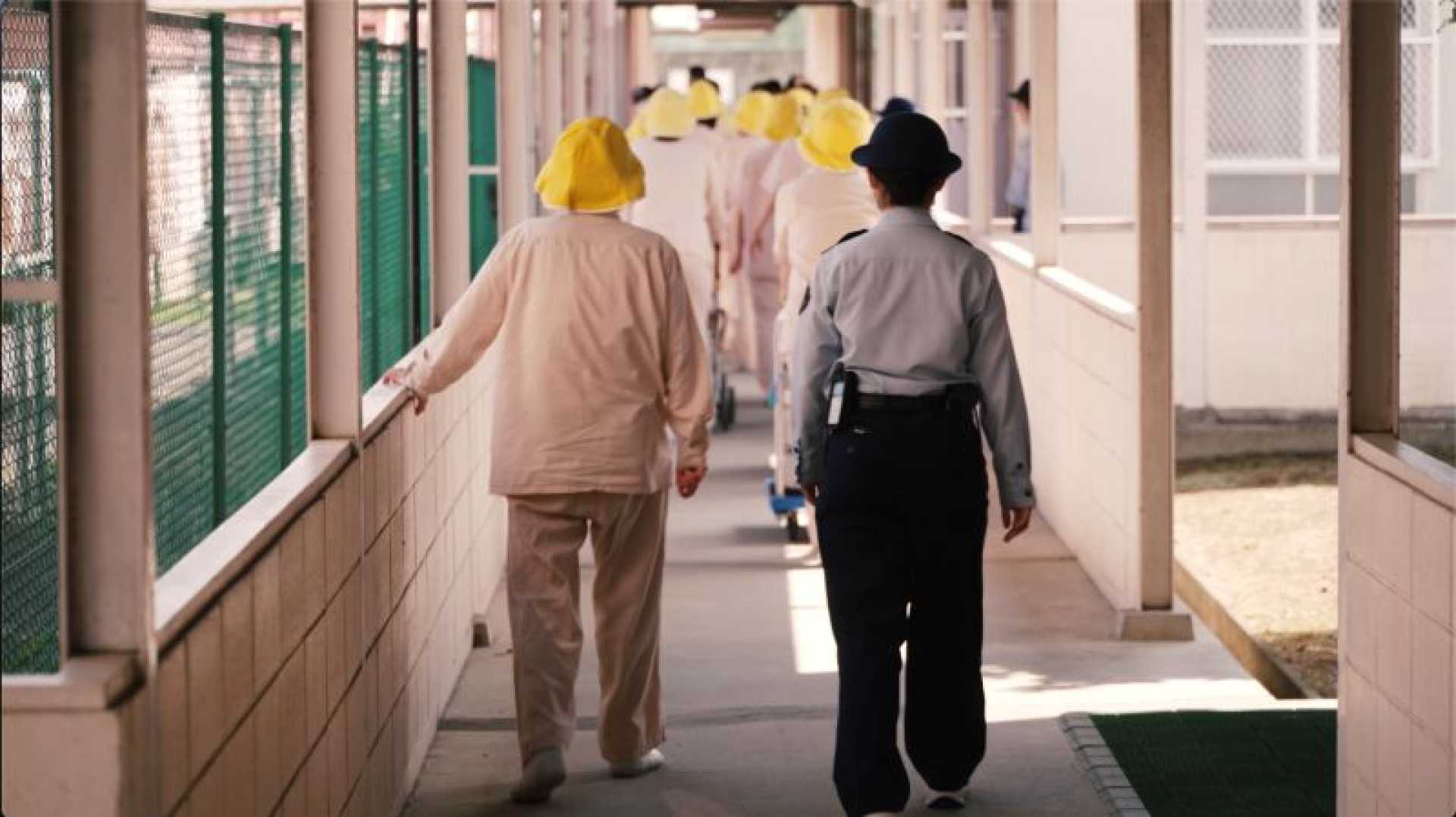World
Japan’s Elderly Women Prefer Prison Over Loneliness

TOKYO, Japan — In a stark reflection of Japan’s aging population and deepening social isolation, elderly women are increasingly committing petty crimes to return to prison, where they find care and companionship unavailable in the outside world. The phenomenon, highlighted in a rare visit by CNN to the Tochigi Women’s Prison, reveals a troubling trend in a nation grappling with demographic decline and societal fragmentation.
At Tochigi, one of Japan’s largest women’s prisons, the population mirrors the country’s aging society. Many inmates are elderly women who have turned to theft, often of food or small items, as a means to secure shelter, meals, and medical care. “Some people do bad things on purpose to get caught so they can return to prison when they run out of money,” said Yoko, a 51-year-old inmate who has been incarcerated five times over the past 25 years for drug-related offenses. “There are people who come here because it’s cold or because they’re hungry,” added a prison guard.
In 2022, over 80% of elderly female inmates were imprisoned for theft, according to government data. The trend is fueled by poverty among Japan’s elderly, with 20% of those over 65 living in poverty, compared to the OECD average of 14.2%. For many, prison offers a stark but preferable alternative to life on the margins of society. “Even after being released and returning to normal life, they have no one to take care of them,” said another prison guard. “Some have been abandoned by their families after repeatedly committing crimes. They have nowhere to go.”
Japan’s demographic crisis is exacerbating the issue. The country’s population has declined for 15 consecutive years, with births hitting a record low of 730,000 in 2024 and deaths reaching a record high of 1.58 million. The elderly now make up nearly a third of the population, with women over 65 outnumbering men by nearly 5 million. This shift is reflected in the prison population, where the number of inmates aged 65 and older has nearly quadrupled since 2003.
Prison staff, once tasked with maintaining order, now find themselves providing care akin to that of nursing home workers. “We have to change diapers, help them bathe, and feed them,” said Takayoshi Shiranaga, a guard at Tochigi. “At this point, it feels more like a nursing home than a prison.” The Ministry of Justice has introduced programs to help inmates transition to independent living, but the challenges are immense. With Japan’s elderly population growing rapidly, the country faces a projected shortage of 2.72 million caregivers by 2040.
For inmates like Akiyo, an 81-year-old serving time for shoplifting, prison offers a semblance of stability. “Maybe this life is the most stable for me,” she said. Released in October, Akiyo expressed shame and fear about facing her son, who had often told her to leave home. “Being alone is very hard,” she said. “I feel like if I had been stronger, I could have led a different life, but now I’m too old to do anything about it.”
As Japan struggles to address its demographic challenges, the plight of its elderly women underscores the human cost of societal neglect. For many, prison has become an unintended refuge in a country where aging and isolation are increasingly intertwined.












